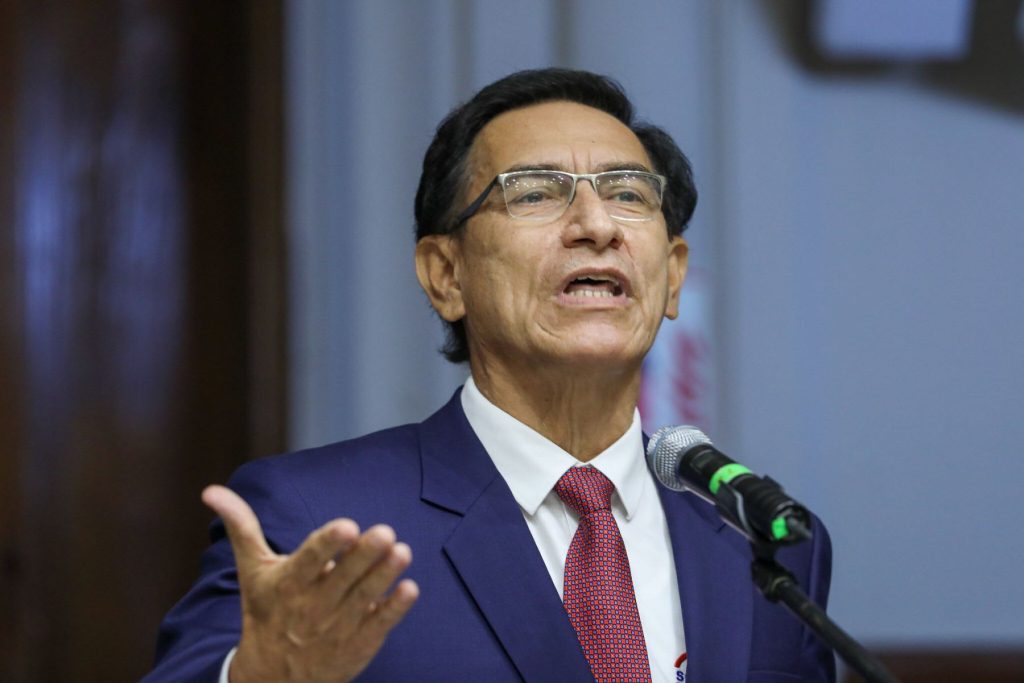“People on lower incomes are up to three times more likely to suffer from depression, anxiety and other common mental illnesses than those on higher incomes,” he says.
More than 970 million people around the world – 11% of the world’s population – suffer from some mental disorder, of which 280 million suffer from depression and 301 million from anxiety, according to the report, which recalls that 700,000 people commit suicide each year. the fourth cause of death among young people between 15 and 29 years old.
Depression is the main cause of illness. In member countries of the Organization for Economic Co-operation and Development (OECD), between a third and half of claims for disability benefits are due to mental health reasons, and among young adults it is estimated that they exceed 70 %, he adds.
During the first year of the Covid-19 pandemic alone, mental disorders increased by 25%, according to the report.
With more than 1 trillion annual losses for economies, “the consequences of the increase in mental health problems are colossal both for individuals and for societies as a whole,” he warns.
More than the debate about “how to increase the budget” for mental health problems, De Schutter advises focusing on the “factors that underlie this epidemic of depression, anxiety and burnout.”
In particular, “job insecurity”, but also climate change, he told AFP.
“Precarious work has been shown to further worsen mental health, due to insecurity, lack of bargaining power, unfair wages and extremely unpredictable working hours, which make it impossible to achieve a healthy work-life balance. the personal one,” he says.

















